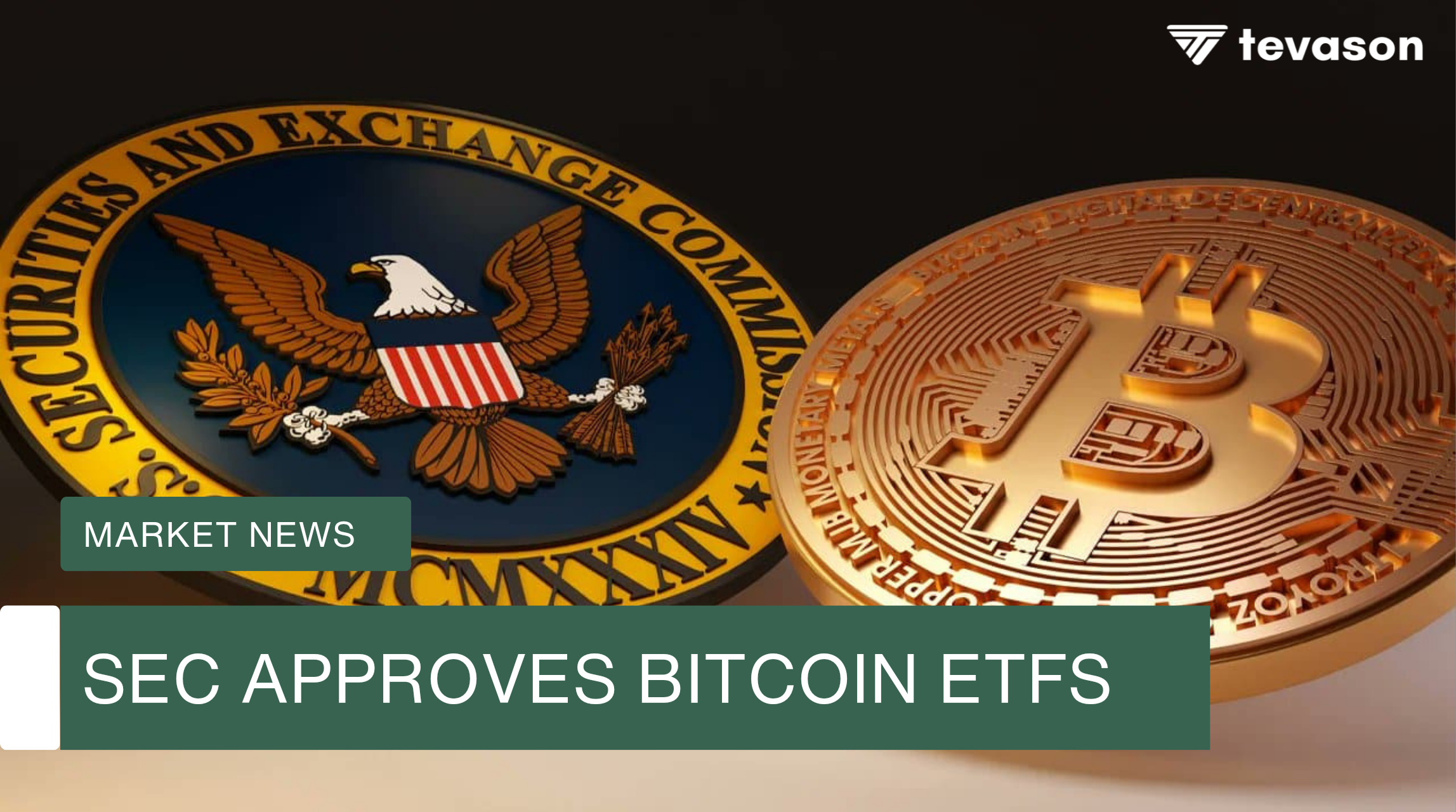The U.S. Securities and Exchange Commission on Wednesday approved the first U.S.-listed exchange traded funds (ETFs) to track bitcoin, in a watershed for the world’s largest cryptocurrency and the broader crypto industry.
The Securities and Exchange Commission said it approved 11 applications, including from BlackRock (BLK.N), Ark Investments/21Shares (ABTC.S), Fidelity, Invesco (IVZ.N) and VanEck, despite warnings from some officials and investor advocates that the products carried risks.
Most of the products are expected to begin trading Thursday, issuers said, kicking off a fierce competition for market share.
A decade in the making, the ETFs are a game-changer for bitcoin, offering investors exposure to the world’s largest cryptocurrency without directly holding it. They provide a major boost for a crypto industry beset by scandals.

Standard Chartered analysts this week said the ETFs could draw $50 billion to $100 billion this year alone. Other analysts have said inflows will be closer to $55 billion over five years.
The market capitalization of bitcoin stood at more than $913 billion as of Wednesday, according to CoinGecko. As of December 2022, total net assets of U.S. ETFs stood at $6.5 trillion, according to the Investment Company Institute.
Bitcoin was last up 3% at $47,300. The cryptocurrency has soared more than 70% in recent months in anticipation of an ETF, and hit its highest level since March 2022 this week.
What’s next? Towards an uncertain but promising future for Bitcoin
The approval of Spot ETFs opens new perspectives for bitcoin. Will we see a deeper integration of crypto into the traditional financial system? This could well be the case, and the implications could be vast, touching everything from regulation to financial innovation.
But the chairman of the SEC reminds us it is crucial to note that this action by the Commission is limited to ETFs that hold a single non-financial product, bitcoin. It should in no way be interpreted as the commission opening up to approve listing standards for crypto-assets considered to be securities.
Indeed, challenges remain. The volatility of bitcoin, unresolved regulatory issues, and the still limited understanding of the underlying technology by the general public are all potential brakes on progress.
The future of bitcoin, with or without Spot ETFs, remains uncertain but undeniably fascinating. The possibilities are vast, and the risks, very real. Have a look at the best cryptocurrency for 2024.

Leave a Reply